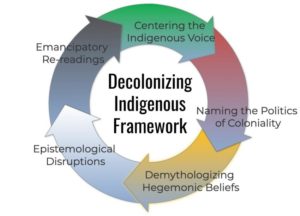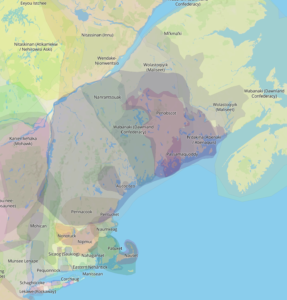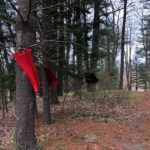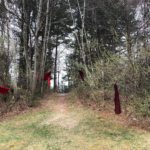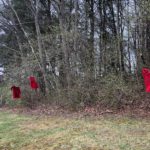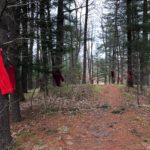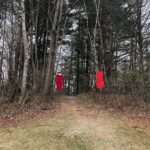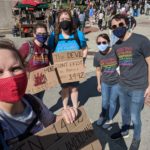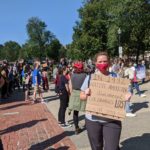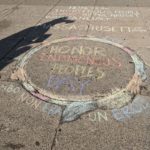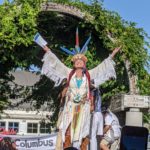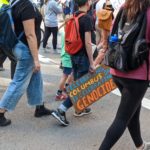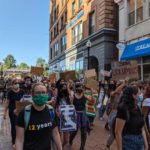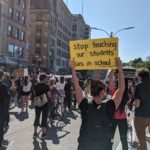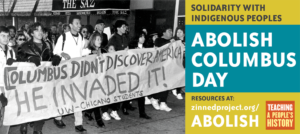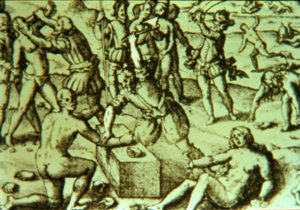FOR IMMEDIATE RELEASE
July 25, 2023
Contact: Morgan Pottle Urquhart, 207-659-4064,
Ariel Ricci, 207-530-7437
AUGUSTA – The Permanent Commission on the Status of Racial, Indigenous, and Tribal Populations issued the following statement after the Maine House of Representatives failed by a vote of 61 to 61 to override Governor Mills’ veto of LD 398,“An Act to Make Agricultural Workers and Other Related Workers Employees under the Wage and Hour Laws.” The bill would have established farmworkers as employees under Maine law, making them eligible to be paid the state’s minimum wage.
“We are disappointed that this modest compromise legislation fell to the pressure of agricultural lobbying groups. These groups had a seat at the table at every stage of the negotiations –negotiations that stripped the bill of most of the provisions that would have provided real worker protections for the people whose labor puts food on our tables,” said Morgan Pottle Urquhart, Policy and Communications Director of the Permanent Commission. “When groups benefit from an unjust status quo, they have no incentive to change the system.”
“We grant minimum wage protections to workers throughout our country, yet deny these protections to farmworkers due to systemic racism and historic marginalization,” said Commissioner Juana Rodriguez-Vazquez, who also serves as the Executive Director of Mano en Mano, an organization that works with farmworkers statewide and immigrants in Downeast Maine to empower them to thrive. “Farmworkers are the backbone of the potato, blueberry and seafood harvests- the iconic products of Maine. They are an essential part of what makes our economy strong, and communities vibrant- yet they are not afforded basic rights. This bill had the potential to support farmworkers in a small step towards justice, towards redistributing power and resources, and towards making Maine a healthier place. Our community deserves more than the bare minimum – which was again denied today. We will keep working alongside our community to advocate for justice.”
The Permanent Commission on the Status of Racial, Indigenous, and Tribal Populations was established in 2019, with the enactment of LD 777 and began its work in late 2021, after receiving its first funding with the enactment of LD 1034. The Permanent Commission has a mission to examine racial disparities across all systems with a goal of improving the status and outcomes for historically disadvantaged racial, Indigenous, and tribal populations in the state. The Permanent Commission is empowered to advise all three branches of Maine government and to introduce legislation. More information about the Permanent Commission’s work can be found on its website:
https://www.pcritp.me/
